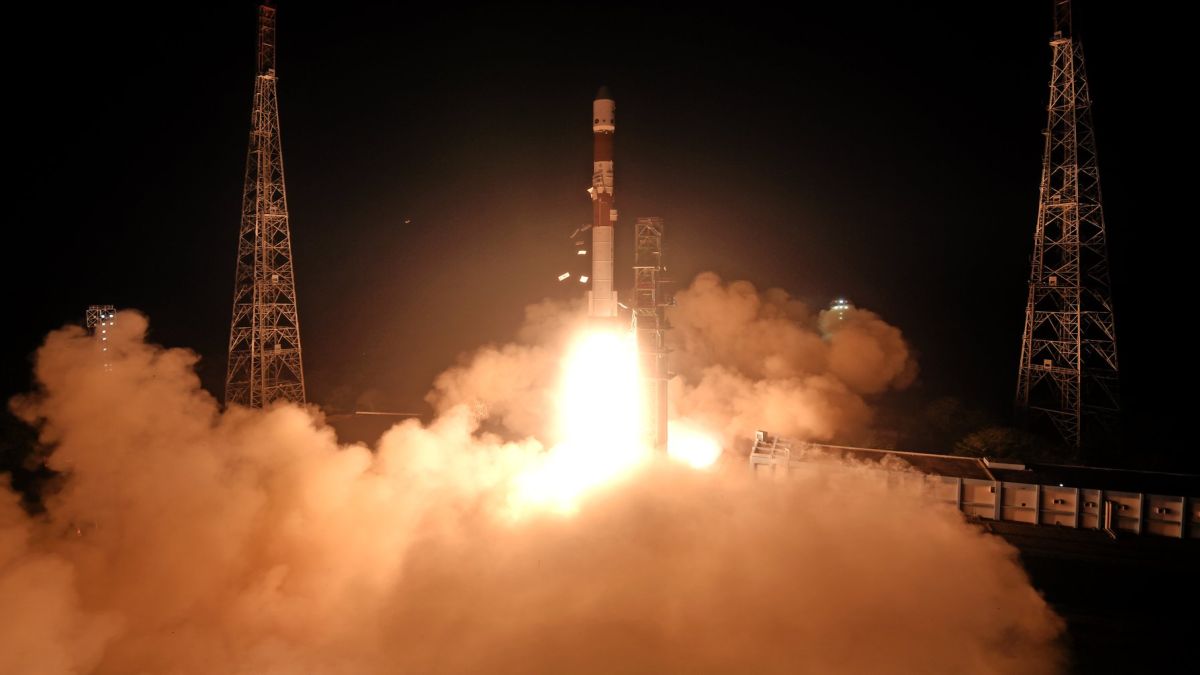As India continues to make remarkable strides in space exploration and technology, the upcoming Union Budget 2025 holds significant promise for furthering these achievements. The space sector is not just about reaching new frontiers; it is about leveraging space technology to drive economic growth, innovation, and national development. With the right policy framework and financial support, India can solidify its position as a global leader in the space industry.
Legislation and fiscal relaxations
It crucial to address challenges around international and national obligations and liabilities and enforcement of standards. Early enactment of the Space Activities Act would provide the legal certainty needed to attract investment by codifying permissible levels of risk, fostering a more secure and predictable environment for space activities.
Even as the industry acknowledges GST exemption on satellite launch services, extending this exemption to other critical components of satellites, ground systems and launch vehicles would benefit the entire value chain. Additionally, similar exemptions for the procurement of key goods and services would help reduce GST input tax credit costs, making them more cost- effective and competitive.
Reducing the cost of imports would enhance the competitiveness of Indian manufacturers, enabling them to produce high-quality space components at reduced costs. Specific customs duty exemptions and concessions on the import of goods, equipment, and machinery used to manufacture notified goods under the Import of Goods at Concessional Rate of Duty scheme (IGCR) should be considered.
Enhancing ease of doing business
To enhance India’s competitiveness, it is essential to modernize export rules for the private sector to integrate global supply chains and establish a robust presence in the international space market. Streamlining the Special Chemicals, Organisms, Materials, Equipment, and Technologies (SCOMET) license process is key. Introducing a blanket license mechanism for exports to pre-approved countries would reduce administrative delays, allowing Indian manufacturers to meet short-notice demands and compete effectively in the global market.
Impact Shorts
More ShortsThe establishment of space industrial parks across multiple states has garnered interest from various entities. These parks would attract significant greenfield investments from both established corporations and startups, fostering innovation and regional economic growth. Targeted fiscal incentives such as tax exemptions, tax holidays, or accelerated depreciation for entities involved in space sector activities would further catalyze this momentum. A concessional tax rate of 15% for companies engaged in satellite capacity distribution or space- specific R&D will also be beneficial.
Extending International Financial Services Centre (IFSC) benefits to entities involved in satellite capacity distribution would attract global investments and promote innovation, positioning India as a strategic hub for satellite communication services and reducing connectivity gaps within the country. Reducing the withholding tax rate to 2 per cent on payments made to Indian satellite service providers would ensure efficient working capital management and avoid unnecessary capital lock-ups, enhancing the financial health of service providers.
Reducing the tax rate on interest from foreign borrowings to 5% would enhance the availability of affordable financing, accelerating the execution of critical space projects and driving long- term growth in the sector. A dedicated Production Linked Incentive (PLI) scheme for manufacturing space-grade components, similar to the scheme for drones, would incentivize domestic production and attract investment under the “Make in India” campaign, boosting the local manufacturing ecosystem.
Market assessments and end-user focussed mission rode approach
Regularly measuring the size and composition of the space economy through annual exercises would enable quick and hassle-free investment decisions by the government and private stakeholders, providing valuable insights for policy-making and strategic planning.
A long-term commitment from the government on provisioning spectrum for satellite applications is needed. Ensuring spectrum availability would support the growth of satellite- based services, aligning with global standards and maintaining a level-playing field for Indian enterprises. Implementing a single-window clearance system for IN-SPACe authorisation and Foreign Direct Investment (FDI) approvals would expedite the approval process for overseas satellite operators, facilitating quicker market entry and operational commencement.
Introducing a one-time approval mechanism for payments to overseas satellite service providers would reduce administrative bottlenecks and promote ease of doing business, enhancing the operational efficiency of service providers. Allowing a 25 per cent depreciation rate for one-time license or spectrum fees and recognizing annual revenue-based license fees as deductible revenue expenditure would optimize the tax impact for satellite service providers, reducing taxable profits and providing economic impetus for growth.
With a mature space ecosystem, the government’s commitment to adopting and consuming NewSpace solutions in governance areas such as agriculture, disaster management and infrastructure planning would catalyse innovation in the sector, driving the adoption of space- based applications and services across various government functions. A mission mode approach for the adoption of space technologies within governments across the country, perhaps through a National Earth Observation Mission, is recommended.
A Digital Public Infrastructure (DPI) and Digital Public Goods (DPG) approach for Earth observation-based geospatial analytics and insights would unlock value and innovation for several stakeholders beyond the space sector, democratizing access to space technology and fostering widespread economic benefits.
The Union Budget 2025 can pave the way for a robust and competitive space sector in India, fostering innovation, investment, and growth. The space sector’s potential to drive economic development and technological advancement is immense.
T_he author is Partner, Deloitte India. Views expressed in the above piece are personal and solely those of the author. They do not necessarily reflect Firstpost’s views._
)